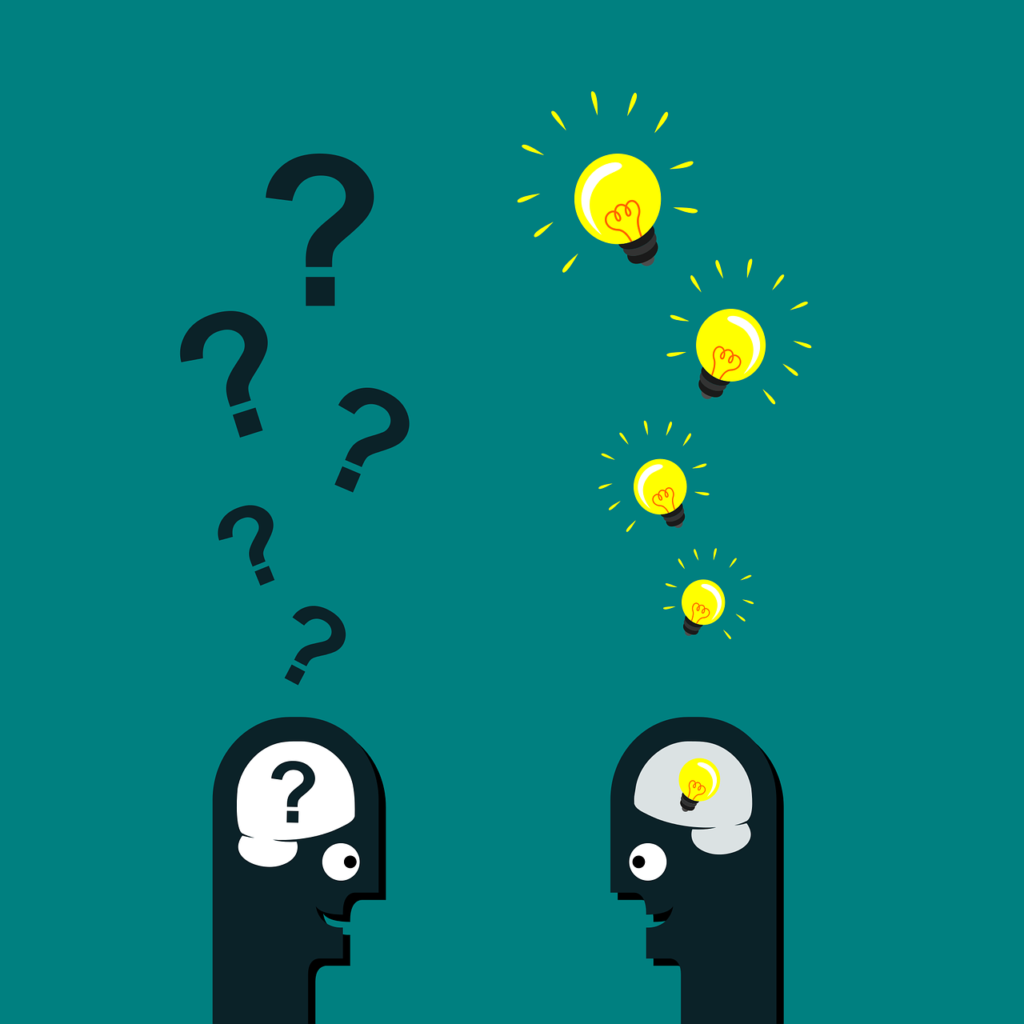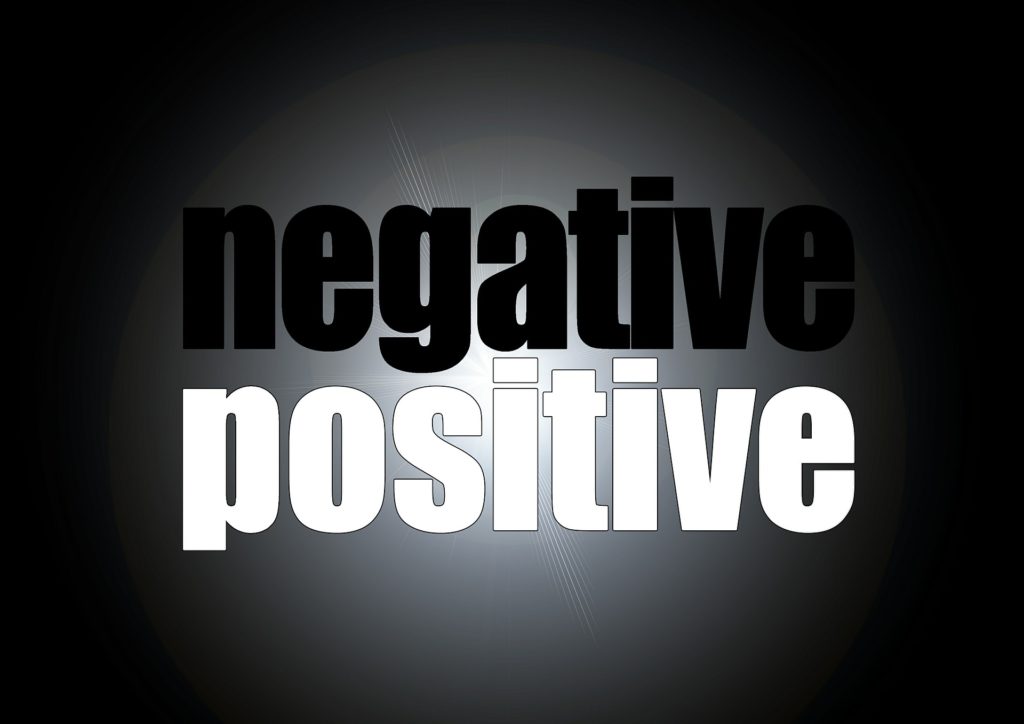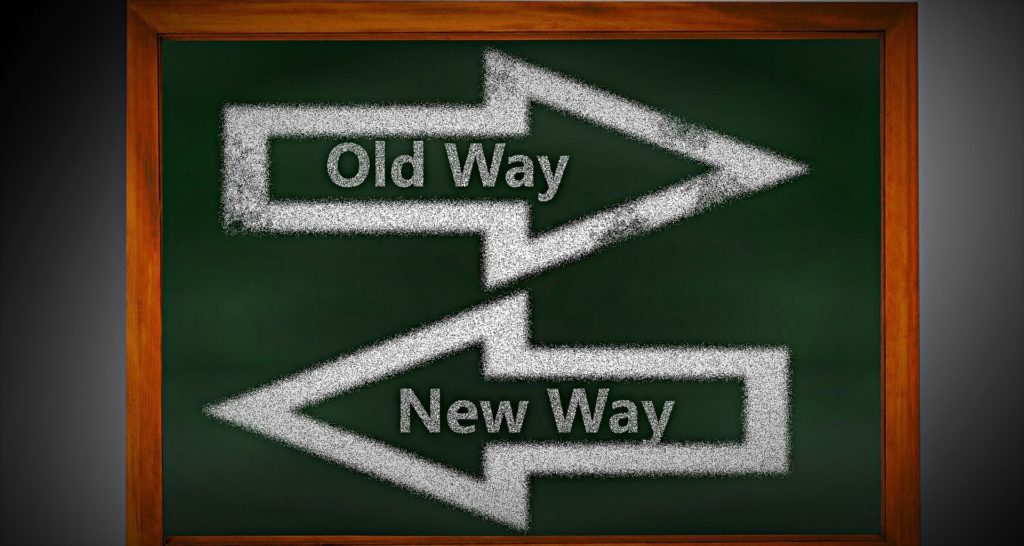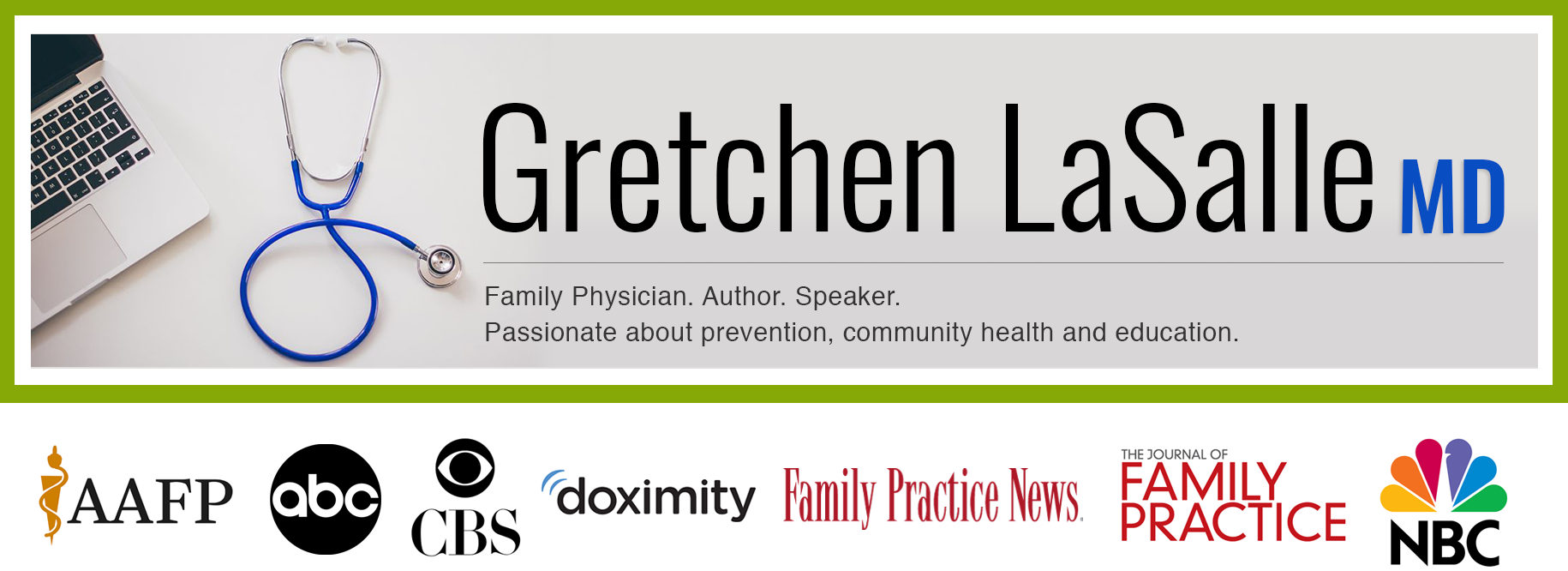Most of my recent posts have been very educational in nature – reviewing medical terminology, exploring concepts in statistics, etc. Well, today I am taking off my teacher hat. But before I do, did you know that the word “Doctor” comes from the Latin “Docere” which means “to teach”? I guess taking off that hat is easier said than done. Today, I am going to don my contemplative cap. Today, I want to explore the why of it all. COVID19- what does it all mean (as if we can ever really know)?

Lessons to be learned, Image from Pixabay
I want to take stock of the lessons we’ve learned and, in always looking for a bright side, I want to review the good things that have come out of this COVID19 pandemic. Finally, I will explore a question that has been on my mind, and likely many of yours. How will life look different in a post-COVID19 world?
What does it all mean? Why is this happening?
I don’t know that we will ever know. And is there always a reason or do things just happen? I’ve heard some say that this is just Mother Nature taking her revenge. And I have to admit that this thought has crossed my mind. Maybe it’s a reminder of who’s really in control. Maybe it’s the ego-check that we, as humans, so desperately need.
Will this pandemic level the playing field, so to speak? Will it address our over-population of the Earth? Will it give the Earth a much needed break from pollution? Will it force us to take our impact upon the natural world more seriously?
While it’s nice to think about it this way, this point of view doesn’t take into consideration the fact that there is nothing at all level about this playing field. If there was, it would affect all peoples of the Earth equally – all ages, genders, races, all socioeconomic backgrounds, and all geographic locations. But we know that this isn’t happening.
For example, we are learning that black Americans are afflicted and dying from COVID19, as a whole, more significantly than white Americans. Black Americans are more likely to suffer from diabetes and heart disease and we know that these are risk factors for complications of COVID19. But is this because of some genetic predisposition to chronic disease? Likely not. More likely it is a sign of the impact of decades of lack of access to healthy foods, education equality, and healthcare.
And what will happen when this monster reaches more remote parts of the world; where wars and starvation and lack of access to even basic medical care have ravaged populations? We need to do better as a human society, people. We need to take better care of ALL of our people and we need to take better care of our planet. That’s all I’m saying.

Negatives and positives, Image from Pixabay
Ok, let’s move on to the pros and cons of COVID-19. We’ll do this in a point-counterpoint fashion. We will start with the good (G) and follow with the not-so-good (NSG) things that this virus has brought to our world.
PS – some of this will be very specific to my own life, though you may be able to relate. I encourage you to think about the positives that have happened for you in your world, as well as the lessons learned from the negatives that you’ve encountered.
Point-Counterpoint or Good-Not-So-Good
G: Social distancing has forced us to make a concerted effort to keep in touch with people. I am in better touch with my family and distant friends now than I was before the pandemic.
NSG: All this reaching out and communicating is draining me. I’m an introvert for God’s sake. Can’t I just sit at home in my PJs, sipping tea and reading a book, in peace?
G: I am getting to spend more time with my husband and children than ever before.
NSG: I am getting to spend more time with my husband and children than ever before (see above comment about being an introvert).
G: Due to an inability to control their own technology time, my sons have lost their xbox, phones, computer, and TV time.
NSG: Well, there really isn’t a down side to this – they are reading actual books; they are spending more time together without technological distraction; they are becoming better buds than ever before. And I am enjoying watching the wrestling matches and listening to their laughter. Maybe the down side is that they are now in cahoots and are ganging up against us. But that’s as it should be – team brotherhood!
G: My house has never been so clean (other than that time that my youngest had lice – ew!).
NSG: If the Coronavirus doesn’t get me, the insane amount of sanitizing chemicals I am inhaling on a daily basis will.
G: We are learning how interconnected our world really is.
NSG: While we do need to have some level of self-sufficiency, some will see our interconnectedness as a down side and will use it to further their isolationist and bigoted agenda.
G: We are being reminded of the vital importance of science, medicine, and public health.
NSG: We are a day late and a dollar short. It shouldn’t have to take a worldwide pandemic for us to remember that science has given us our major societal advances (vaccines, space travel, computers, etc.); that doctors, nurses, and other medical personnel go into medicine to care for others; and that sacrifice is part of our calling. This is what we have always done but only now are people starting to take note.
G: We are seeing what individual self-sacrifice can do for the good of the whole. We are seeing that one person can make an impact. These are great lessons for our children to learn.
NSG: Unfortunately, this event in our world also highlights the selfish nature of human beings. Some are not willing to sacrifice, doing only what is convenient for themselves. And worse, some are purposefully trying to profit from the suffering of others. Oh, we see you.
G: This pandemic has forced us to get more creative. Whether it’s the way we get personal protective equipment for our frontline healthcare workers; how we celebrate birthdays, anniversaries, or religious holidays when in isolation; the meals we make using nothing but canned artichokes and beans; or the ways we find to fill the hours in our days.
NSG: I can’t think of anything not-so-good about this. Creativity is always good!
G: Our kids are learning how to become more self-sufficient (well, hopefully). They now see themselves as an important and necessary part of family and household functioning.
NSG: Speaking for them, I don’t think they are totally enjoying the daily chores and meal prep responsibility, nor having to find ways to entertain themselves without technology.
I’ll could go on but I’ll stop here. I’d love to hear your thoughts about the pros and cons in your own lives.

How will life change? Image from Pixabay.
How will post-COVID19 life be different?
I have to admit that it is currently difficult for me to imagine life without COVID19. And I read something this morning that talked about a second wave of infection that had me in cold sweats about what I would do if the kids are still out of school in the fall. But, undoubtedly, things will change and we will get past this. Here are some of my thoughts about how life might be different going forward.
1. I think we will be better, both as individuals and as a society, about planning for the “what ifs” in life. What does this look like? Perhaps we will save more for a rainy day. Perhaps we will put more emphasis on emergency preparedness planning. One thing’s for sure. We can no longer bury our heads in the sand and say “it will never happen to me”.
2. Our “gotta have it” and “gotta have it now” culture may change. We are getting used to a more bare existence, learning what is most important and necessary in our worlds and what we can do without. And we are growing more comfortable with delay.
3. Perhaps we will live life at a slower pace. So many of us have let the never-ending requests from others to do this project or sit on that committee or head up this fundraiser to monopolize our very important down-time. Maybe we will get better at saying no and prioritizing ourselves and our families.
4. Before the pandemic, we had been slow, as both medical providers and patients, to adopt the virtual visit. Telehealth was not widely used. But it has quickly ramped up and I think that we are starting to see the advantages of this way of getting care. It will benefit those who have a hard time getting off of work for appointments, those who live far away from their clinician, and those who are housebound. Now, we just have to make sure that insurers continue to pay for it!
5. Going forward, we will better appreciate the jobs that have kept our country running. Jobs that have previously been undervalued – teachers, grocery clerks, sanitation workers, food service workers, and more – are now highlighted as so much more essential than many gave them credit for. I know I’ve never had a greater appreciation for our teachers, now that I am in charge of overseeing my children’s education (which is a pretty scary prospect). I hope that that appreciation will translate into better compensation for these vital jobs in the future.

Remember! Image from Pixabay.
Well, that’s about it for today. I want to remind everyone to wear their masks when they are out in the world, to avoid communal gathering (I’m talking to you teenagers playing basketball at Ben Burr Park in Spokane, Washington), and to not give in to the desire to relax social distancing or sanitizing. Our efforts are making a difference. But if we let our guard down too soon, we will see a resurgence of illness and will only prolong our own suffering.
Until next time…

